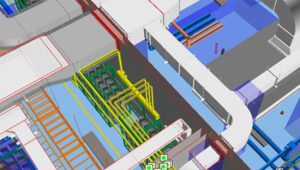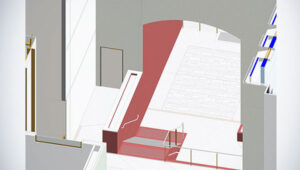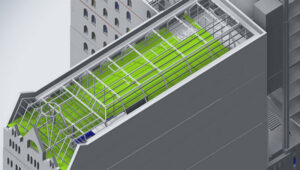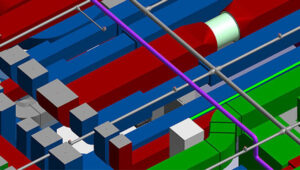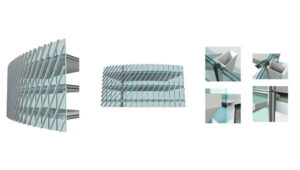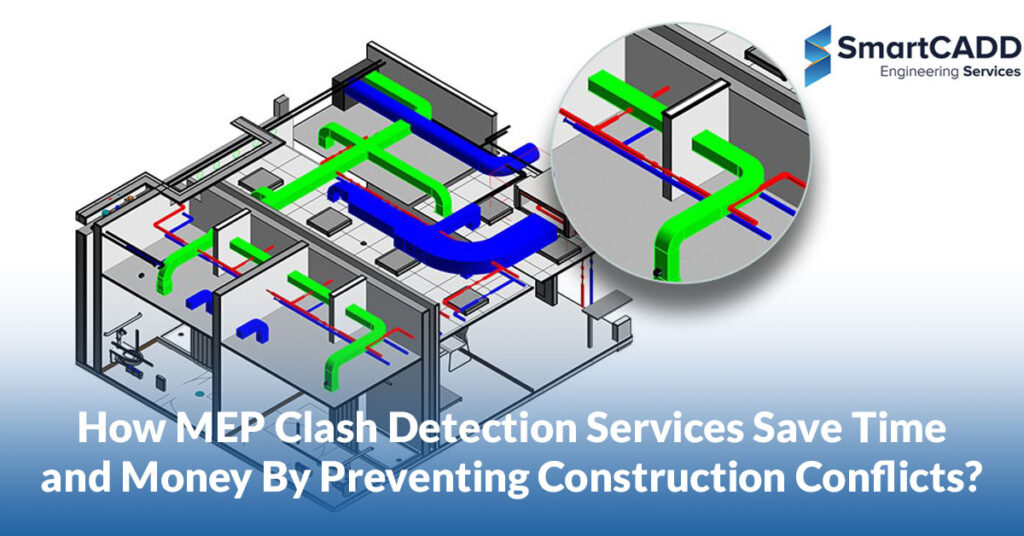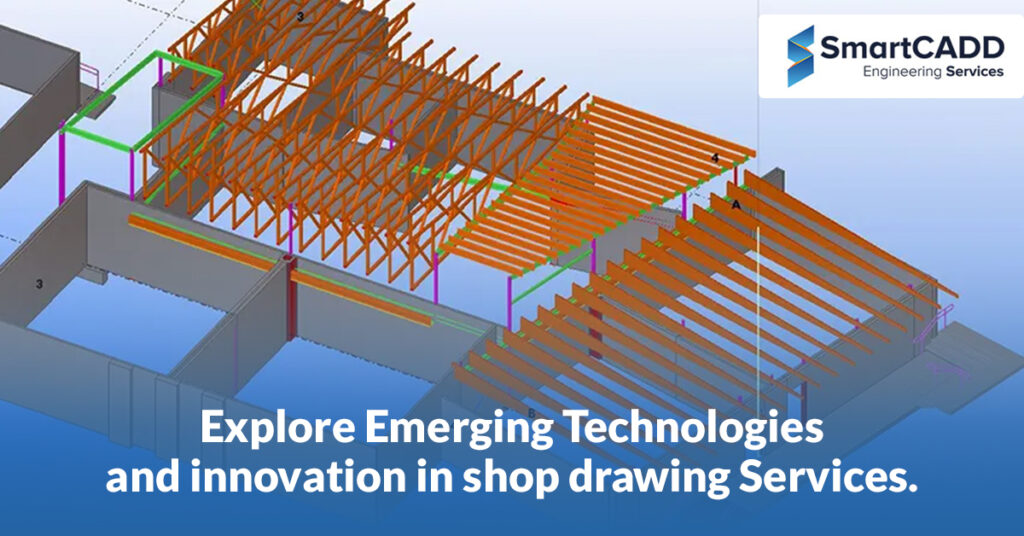Imagine you’re putting together a huge puzzle, where every pipe, wire, and part needs to fit perfectly. In building construction, this is a big deal. MEP Clash Detection is a helpful guide in this process. It makes sure that all the different parts of a building – like plumbing, electrics, and heating – work well together without any issues. This method isn’t just about fixing problems; it’s about planning better from the start to save time and money.
By catching any clashes early, using the latest technology, and ensuring everyone works together smoothly, MEP Clash Detection helps make buildings safer, more cost-effective, and easier to maintain in the long run. Let’s explore how this smart approach is changing the way buildings come to life.
1. The Critical Impact of Early Clash Detection
Detecting potential conflicts in MEP systems at the initial stages of a project is more than a mere step in the construction process; it’s a game-changer. By identifying and resolving these clashes early, MEP Clash Detection plays a crucial role in maintaining the integrity and feasibility of the entire project.
-
- Risk Mitigation: Early clash detection identifies conflicts before they escalate into more significant problems, reducing the likelihood of costly rework and delays.
- Design Optimization: This process allows for the refinement and optimization of MEP designs, ensuring they are not only conflict-free but also efficient and sustainable.
- Stakeholder Communication: Effective early detection fosters better communication among architects, engineers, and contractors, leading to a more cohesive project approach.
2. Streamlining Project Execution with Advanced Technology
Incorporating BIM clash detection services into the construction process transforms the traditional approach to project execution. The use of advanced technologies and software enables a more integrated and efficient workflow.
-
- Accurate Visualization: BIM software provides a detailed 3D visualization of the project, allowing for accurate and comprehensive clash detection.
- Enhanced Coordination: With the help of these technologies, coordination between different MEP disciplines becomes more seamless, reducing the likelihood of conflicts.
- Data-Driven Decisions: The integration of BIM in clash detection offers a wealth of data that can be used for informed decision-making throughout the project lifecycle.
3. Cost Savings and Budget Optimization
The financial benefits of implementing MEP Clash Detection are significant. By addressing potential issues early, the overall cost of the project can be drastically reduced.
-
- Reduction in Rework Costs: Identifying and resolving clashes before construction begins minimizes the need for costly and time-consuming rework.
- Efficient Resource Utilization: Proper clash detection ensures optimal use of materials and labor, preventing waste and overruns.
- Predictable Project Outcomes: With fewer surprises and setbacks, project outcomes become more predictable, aiding in better budget management and financial planning.
4. Enhancing Safety and Compliance Standards
Safety and adherence to regulatory standards are paramount in construction. The implementation of MEP Clash Detection significantly contributes to both these aspects by ensuring that MEP systems are not only efficient but also safe and compliant.
-
- Prevention of Safety Hazards: Early detection of clashes helps in preventing situations that might lead to safety hazards during both construction and the building’s operation.
- Compliance with Regulations: By identifying potential issues in advance, MEP clash detection ensures that the project adheres to the relevant building codes and standards, avoiding legal complications.
- Quality Assurance: This process contributes to overall quality control, ensuring that MEP installations meet the required quality standards and function as intended.
5. Boosting Long-term Operational Efficiency
The advantages of MEP Clash Detection extend beyond the construction phase, positively impacting the building’s long-term operational efficiency.
-
- Optimized MEP Systems: Well-coordinated MEP systems, free from clashes, operate more efficiently, leading to reduced energy consumption and lower operational costs.
- Ease of Maintenance: Clash-free installations simplify maintenance and repair work, as systems are more accessible and logically arranged.
- Sustainability Benefits: Efficiently designed MEP systems contribute to the building’s overall sustainability, aligning with modern environmental standards and practices.
6. Facilitating Enhanced Collaboration Among Teams
The introduction of MEP Clash Detection into a construction project fosters an environment of enhanced collaboration and communication. This is pivotal in ensuring that all teams work cohesively towards a common goal.
-
- Breaking Down Silos: By providing a platform for shared understanding, clash detection breaks down barriers between different construction disciplines.
- Enhanced Team Synergy: The early resolution of potential conflicts promotes a more harmonious work environment, leading to increased productivity and better team dynamics.
7. Leveraging Technology for Future-Ready Construction
In an era where technology drives progress, the use of BIM clash detection services positions a construction project to be future-ready, adapting to the evolving demands of the industry.
-
- Integration with Emerging Technologies: The adaptability of BIM software to integrate with other emerging technologies, like AI and VR, prepares projects for future advancements.
- Future-proofing Buildings: Buildings designed with the aid of advanced clash detection techniques are better equipped to adapt to future modifications and technological integrations.
8. Maximizing Return on Investment (ROI)
The strategic use of MEP Clash Detection significantly impacts the financial aspect of construction projects, maximizing the return on investment for all stakeholders involved.
-
- Long-term Cost Savings: By ensuring efficient use of resources and minimizing rework, clash detection contributes to significant long-term cost savings.
- Value Addition to the Final Build: A building constructed with meticulous planning and clash detection holds greater value in terms of functionality, efficiency, and market appeal.
Conclusion: Embracing the Future with SmartCADD
As we edge closer to a future where efficiency and precision are paramount, embracing innovative solutions like MEP Clash Detection becomes essential. SmartCADD, with its roots in Australia and Ahmedabad, stands at the forefront of this revolution. Specializing in a range of BIM & CAD services, SmartCADD not only offers BIM clash detection services but also an array of solutions that cater to architectural, structural, and MEP needs.
SmartCADD is committed to delivering excellence and elevating construction projects worldwide. By integrating our expertise in MEP Clash Detection, we help prevent costly construction conflicts, ensuring projects are completed on time and within budget.
To embark on a journey of seamless construction and design excellence, Get In Touch With Us and experience the SmartCADD difference.
FAQS
MEP Clash Detection Services uses advanced software to identify and resolve clashes or conflicts in the Mechanical, Electrical, and Plumbing (MEP) systems during the design phase, preventing costly rework and delays during construction.
Clashes occur when components of Mechanical, Electrical, and Plumbing systems overlap or interfere with each other. Addressing these clashes before construction prevents on-site conflicts, avoiding disruptions and additional expenses.
Yes, these services can be seamlessly integrated into various phases, from initial design to pre-construction. Early detection ensures that clashes are addressed before reaching the construction site, saving time and resources.

